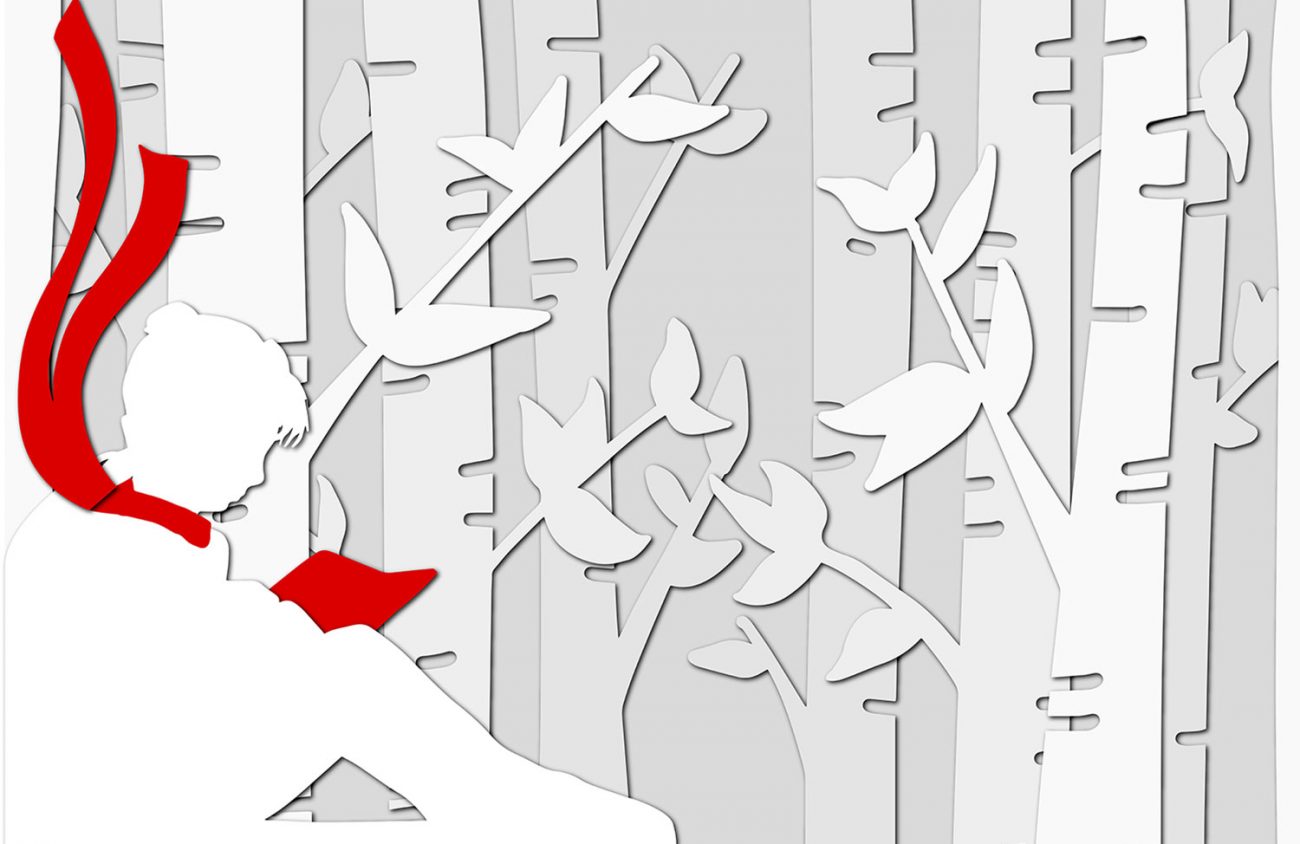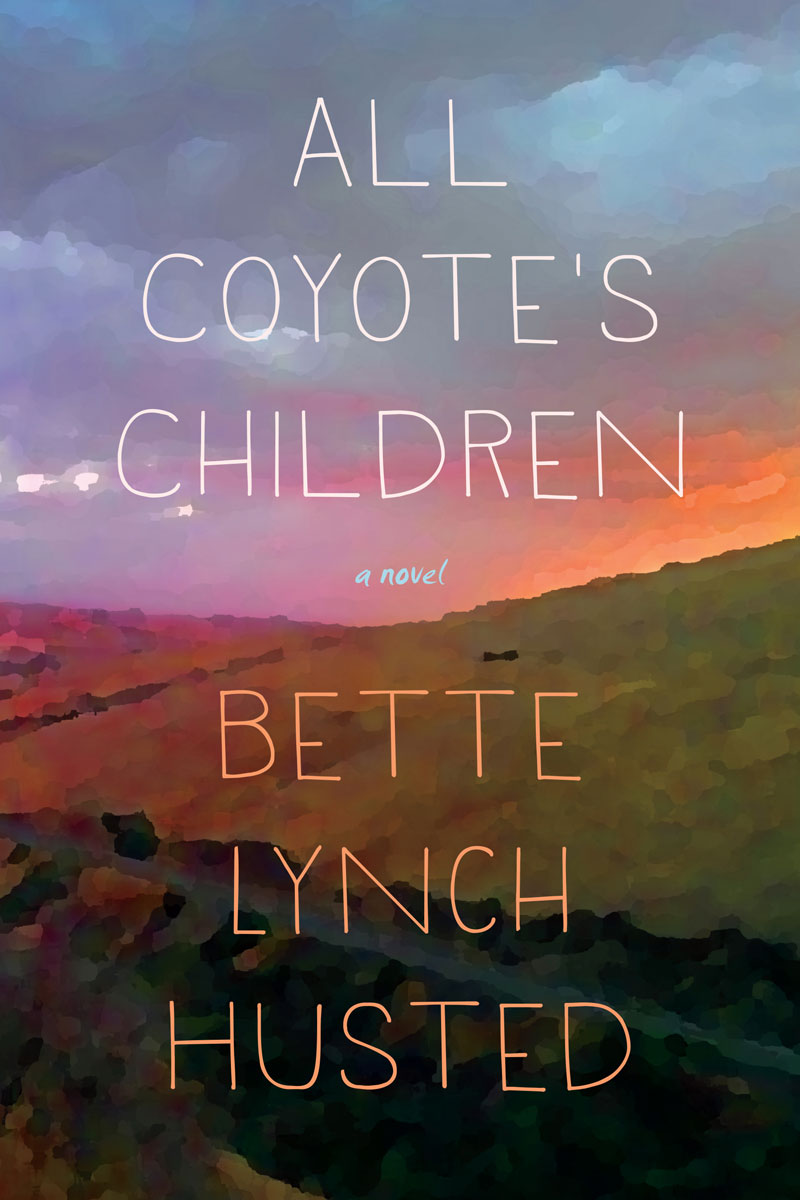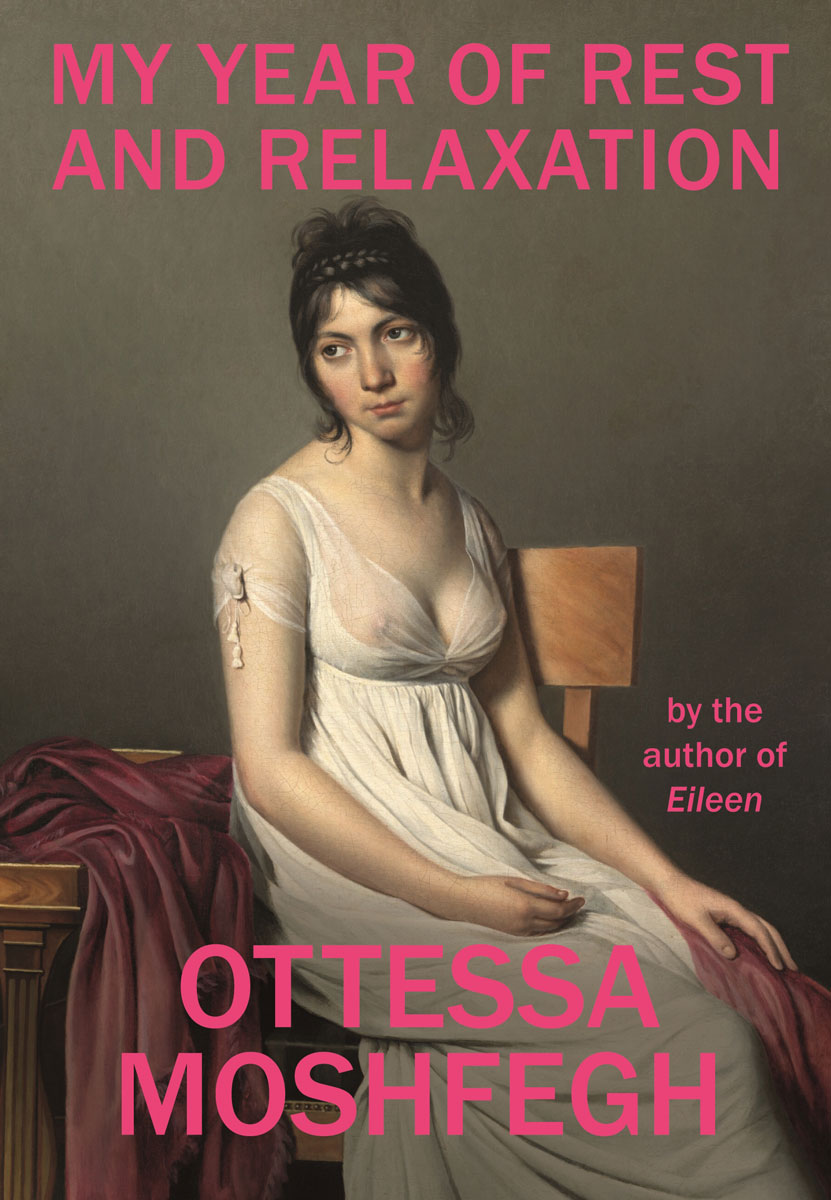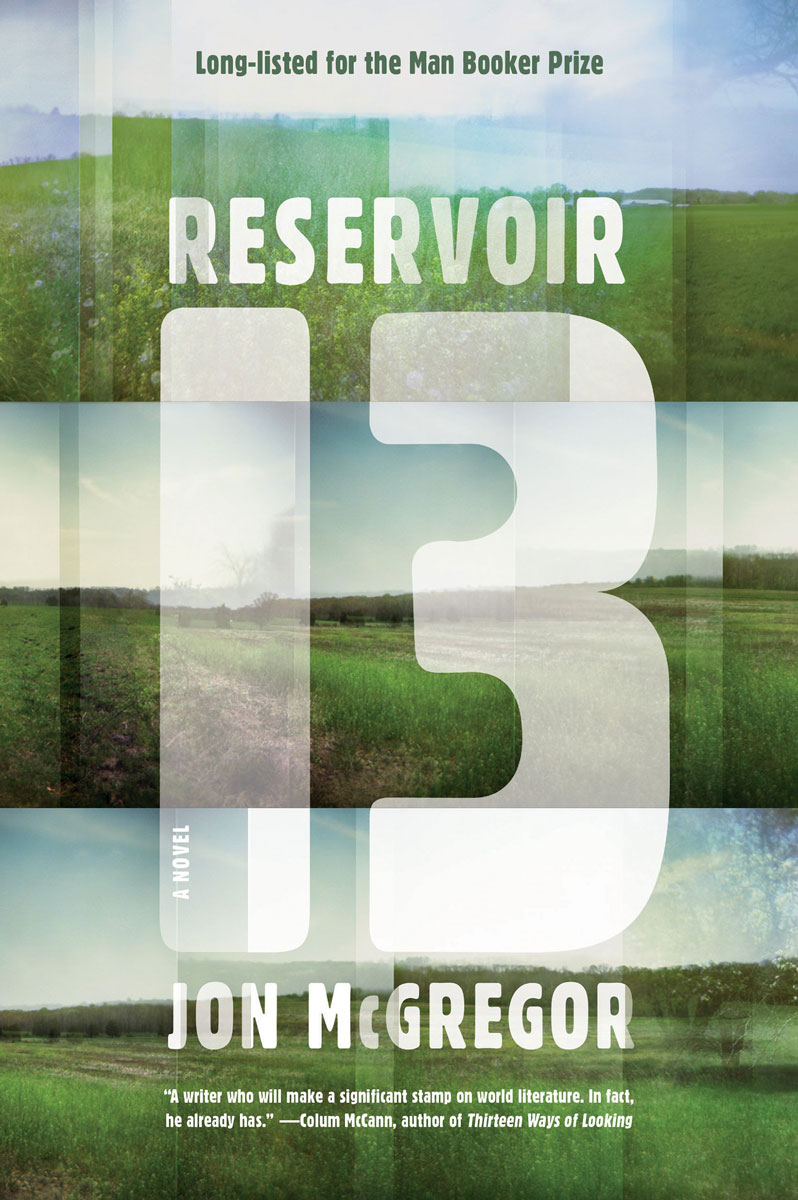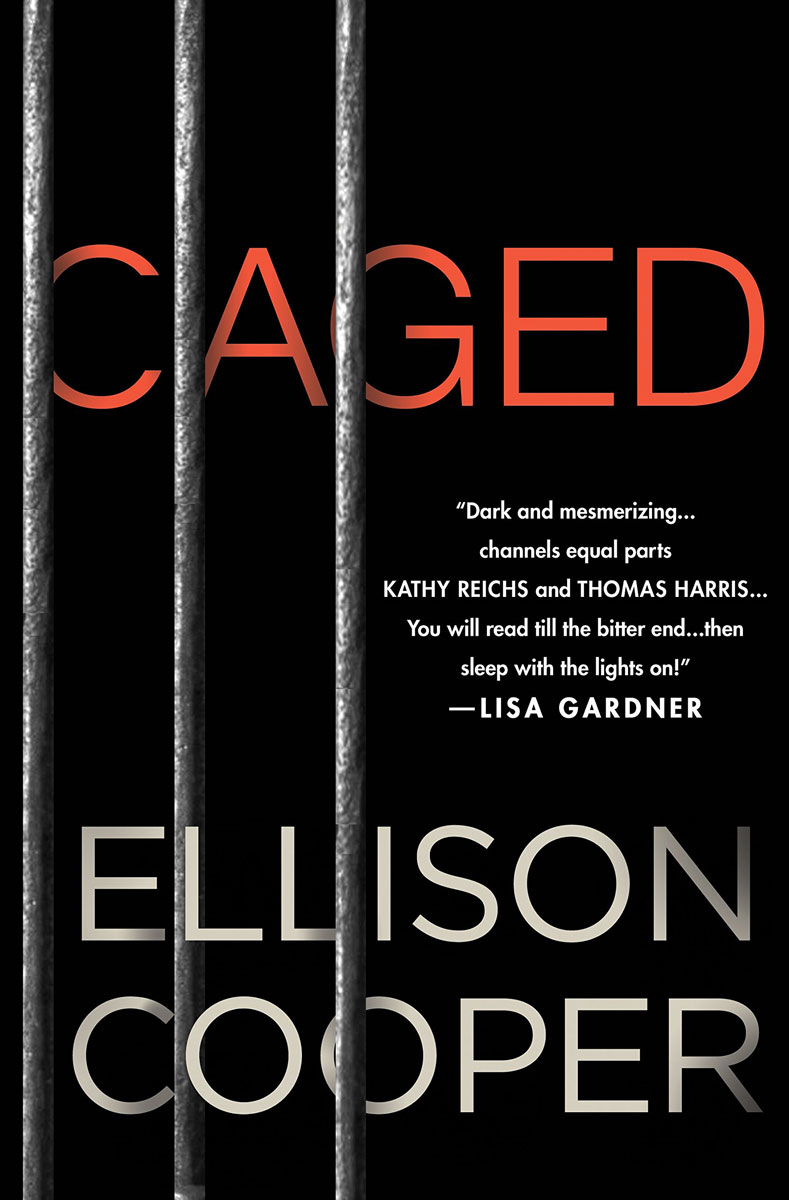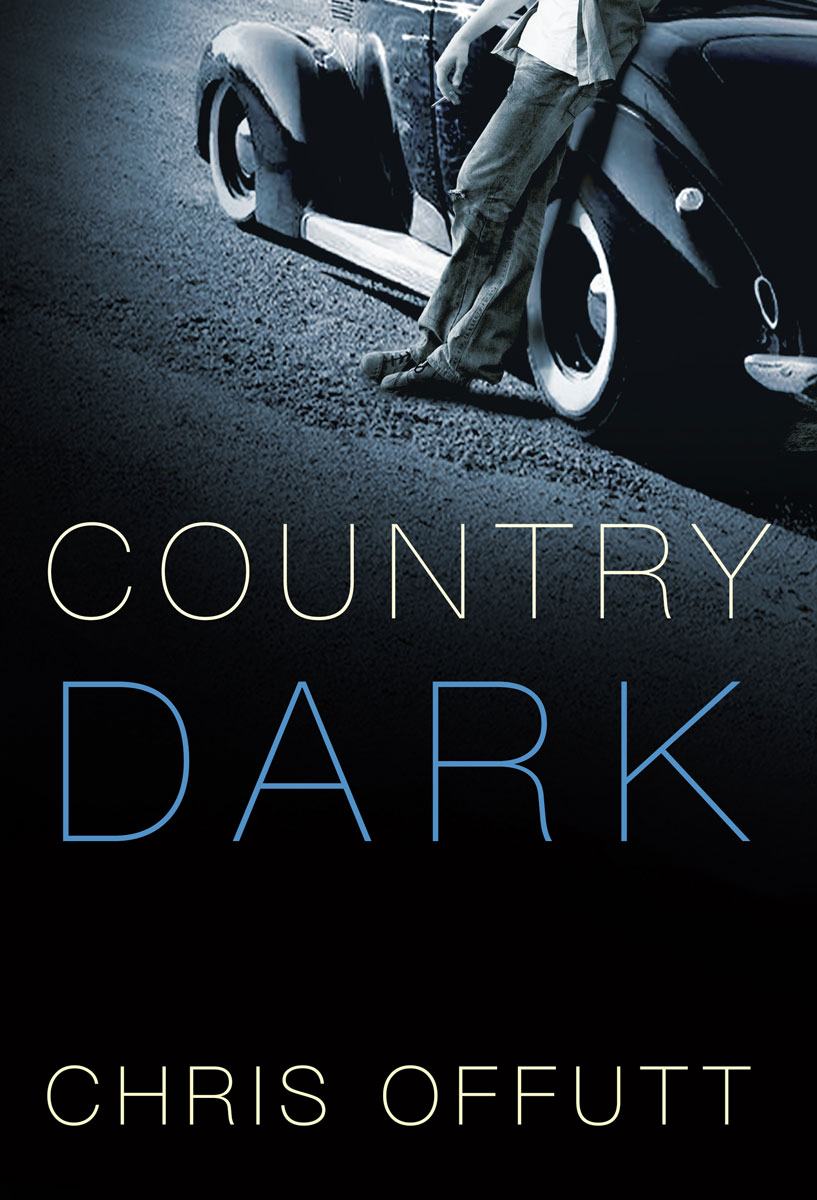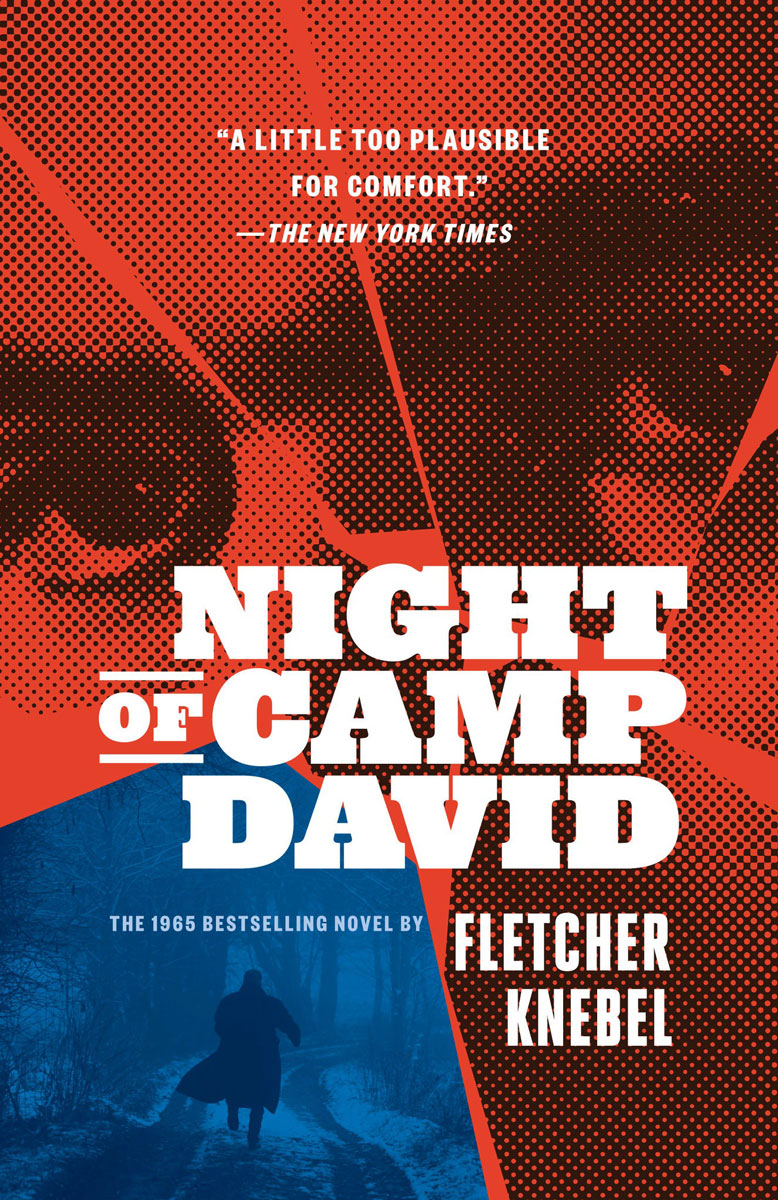fiction
All Coyote’s Children by Bette Lynch Husted. Oregon State University Press, $18.95. (Oregon author)
The road less traveled is one of forgiveness and acceptance. It is hard work and a lonely walk, but Bette Lynch Husted’s intimate story of characters who choose this path makes her debut novel spiritually uplifting and well worth a winter’s read. Husted touches all the bases. There are the characters (Annie, Riley, Leona, Alex, Mattie and others), ordinary people on the mend after horrific setbacks. There are the Native Americans in the area, children and adults, who must navigate the institutional racism that was generations in the making and seemingly never-ending. There is, too, the rugged and unforgiving (yet beautiful) landscape of Oregon’s Umatilla County, a place that absorbs the characters and forges the road of forgiveness and acceptance where the characters walk. This is a touching novel full of reconciliation and hope at the end. — Dan Buckwalter
My Year of Rest and Relaxation by Ottessa Moshfegh. Penguin Press, $26.
Ottessa Moshfegh’s latest book is a deliciously rancid tale about the emptiness of modern life. If you read Moshfegh’s acclaimed Elaine, you know her style: Moshfegh lets her greasy prose drip down her chin. She chews on all the things we dare not say — those things we think in the darkest recesses of our brains. And somehow she manages to make it funny (sort of). Funny like a guillotine. Funny like a noose. In the book, set in the year 2000, only just pre-9/11, Moshfegh’s main character remains unnamed. She’s beautiful, living in the middle of the New York art world. She has hot sex with her ex-boyfriend. She seems to have it all. That is, until she dupes her absurd New York therapist into giving her just enough imaginatively named, and completely made up, prescription medication to stay (mostly) asleep for the better part of a year. And that’s just what she does. She watches movies on VHS, but only on the rare occasion when she emerges from her drug-induced stupor — times when she also manages to tolerate her vapid best friend with an eating disorder. If this all sounds like the making for some kind of high-concept art piece, you already have a sense of how the book ends. While the book doesn’t exactly end with a twist, the conclusion does force you to go back through what you’ve just read and reconsider it all in a new color. With My Year of Rest and Relaxation, Moshfegh asks one of life’s most profound questions: Is it possible to be well-adjusted to a profoundly sick society? And now more than ever, checking out never sounded so good. — Will Kennedy
Native by Rick Sterry. Bearpaw Press, $12. (Oregon author)
Native is one of those books that once you pick up, you cannot put it back down. I ravaged this novel page by page one rainy night, refusing to sleep until I came to the end. The story covers several characters, whose lives collide over a spring and summer due to a merciless murder in a sleepy Oregon coast town. Rick Sterry’s main characters shine, each having their own unique voice and authentic identity. The story is masterfully presented with surprising twists and turns along the way. As each page unfolds, the depth of the story increases and one will find themselves getting further lost in the lives of a teenage runaway, a struggling waitress, an ambitious local deputy and the town renegade. This novel is an artfully written tale of finding oneself, vengeance, and of love and loss — that will leave you begging for more. — Elisha Young
Reservoir 13 by Jon McGregor. Catapult, $16.95.
British novelist Jon McGregor has invented a new species of literature with Reservoir 13. On its surface, the novel is a missing-person thriller about a teenage girl who mysteriously disappears while her family is visiting an English village. This rather hackneyed conceit, however, becomes a cosmic fillip in McGregor’s expert hands, as he telescopes out over the course of 13 years, keeping a god-like but intimate eye on a village haunted by the receding echo of the girl’s disappearance. The book zooms in and out on the various tangled lives of the villagers, treating their dramas with the same curious detachment by which it peruses the seasons of nature and the mating of woodland animals. It’s as though McGregor wraps the high modernism of Virginia Woolf into a ball of yarn that he then drops it into the middle of the vastest ocean. The results are dizzying, in a way that is at once deeply human and cosmically humbling. Reservoir 13 is breathtaking, hallucinatory stuff, a haunting of ghosts living and dead. — Rick Levin
Caged by Ellison Cooper. Minotaur Books, $7.99.
I admit, sometimes I read mass-market paperbacks I buy at the airport, grocery store, wherever — anything from romance novels to mysteries. I didn’t actually buy Caged at any of those places. Full disclosure, it was sent to me by the author, who I went to college with. But I would buy it. A teenager is found dead in a cage, a puppy is found with her, and it soon becomes clear this teen is not the only one who has been kidnapped. I do have to tell you that I really don’t remember Ellison Cooper having a creepy, devious mind when we were undergrads. Her time as a murder investigator in Washington D.C., and her doctoral studies in anthropology combined with her fast and furious language make Cooper’s writing darkly brilliant. Caged’s strong female characters, plot twists and insights into the mind of evil sucks you in and makes reading this serial killer fiction both fun and disturbing. — Camilla Mortensen
Country Dark by Chris Offutt. Grove Atlantic, $23.
Kentucky-born author Chris Offutt is one of the most underrated writers in American fiction, and he’s just published his finest novel, a hard-boiled rural noir driven by a narrative so economical and compelling it almost hurts. In fact, this book does hurt, in the way of all great literature, with the kind of cosmic fatefulness and aggrieved moral clarity that forces us to take a difficult look at ourselves and the choices we make. The story of a returning Korean War vet, Tucker, who becomes a bootlegger in backwoods Kentucky, Country Dark gives us a difficult vision of a good man driven to extremes by poverty, bad luck and the ham-fisted interference of government bureaucracies. As Tucker fights to preserve his family, he is confronted with a series of impossible obstacles, and his choices are as brutal as they are necessary. With language stripped to the bone and an eye-popping knack for evoking atmosphere and character, Offutt lays down a violent, heartbreakingly beautiful tale about overcoming all odds — a parable of survival and transformation that is at once timely and timeless. — Rick Levin
Night of Camp David by Fletcher Knebel. Vintage, $15.95.
President Donald Trump may have saved the book industry. So many people are cashing in on his name and tenure as U.S. president that some publishers have even reached back into the 1960s to re-print a fictional story of the president gone mad. The book is set essentially a few years after Lyndon Johnson — at the least, the book recognizes Johnson and past presidents. Jim MacVeagh is a junior senator whom President Mark Hollenbach has begun to take in as a confidant. At first MacVeagh sees this as a way to quickly rise up the political ladder. But these nighttime rants from Hollenbach slowly morph into theories about the president’s enemies, who are attempting to stop him from making America a great world power — again.
Fletcher Knebel, the book’s author, worked as a Washington correspondent for many newspapers and magazines. The book was originally published in 1965, so it probably sounded familiar to readers experiencing President Richard Nixon’s crimes. But even William Shakespeare knew about leaders gone mad when he penned King Lear. I guess you can always depend on a few things in life: death, taxes and the occasional insane leader. — Henry Houston
Winter Reading 2018
Larger than Life – A roundup of the year’s best photography books
Alt Histories – If hippos took over the South
Winter Reading – Short Stories
